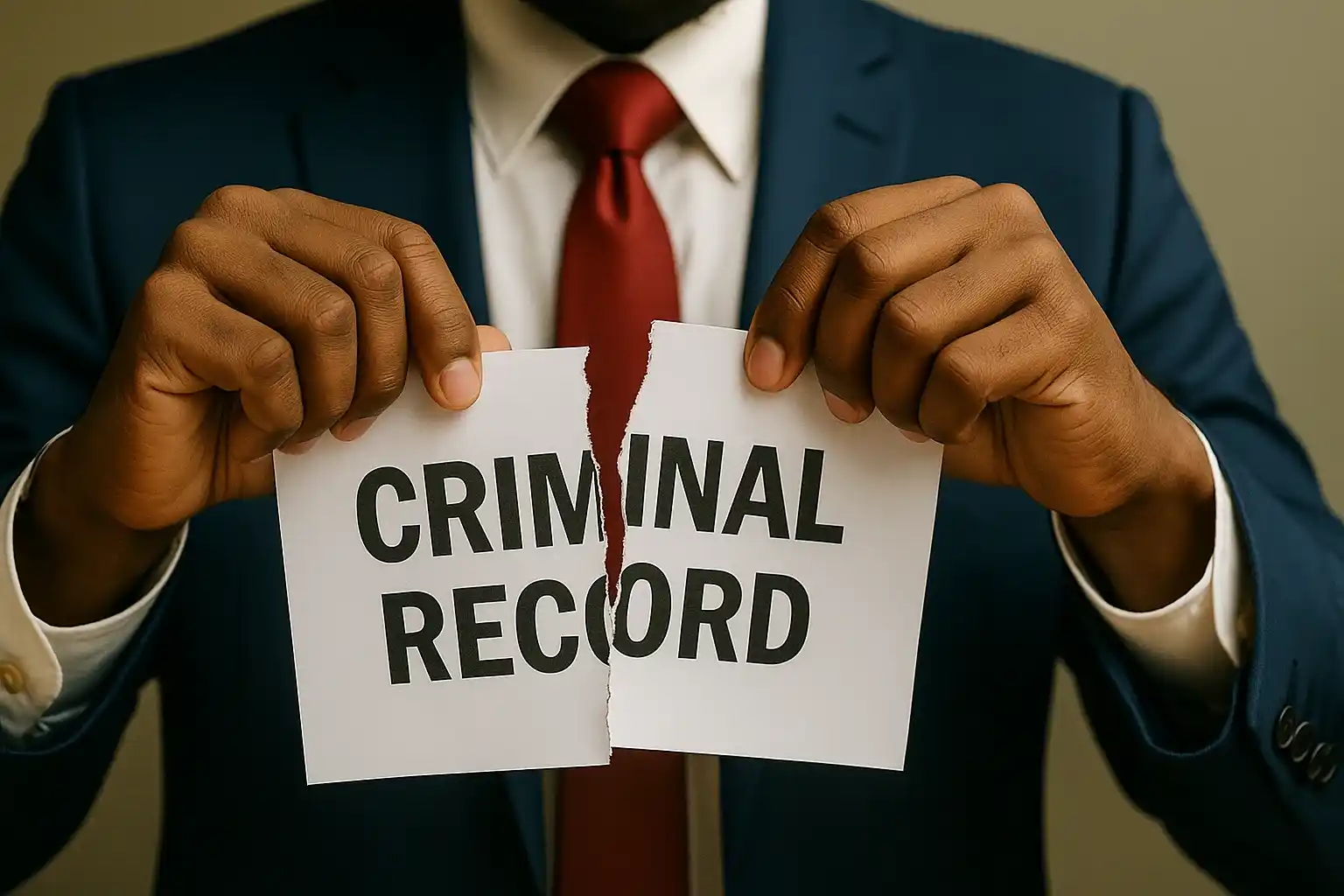How to Clear a Criminal Record in 2025 (State-by-State Guide)
Last Update: 2025-06-11

Why Clearing Your Criminal Record in 2025 Matters More Than Ever
Thousands of Americans are being held back by past mistakes. Whether it’s a minor misdemeanor from years ago or a felony that no longer reflects who you are — your criminal record can affect job opportunities, housing, and even your right to vote in some states. The good news? 2025 brings new hope. Many states have updated their expungement laws, making it easier than ever to start fresh.
This guide breaks down everything you need to know about clearing a criminal record — what expungement means, who qualifies, how it works in each state, and where to find free legal help. If you’re ready to move on with your life, this is the place to start.
What Is Expungement in 2025 and How Can It Change Your Life?
Expungement is a legal process that erases or seals a criminal conviction from your public record. In most cases, this means employers, landlords, and the public can’t see it. In 2025, nearly every state offers some form of expungement — but eligibility and procedures vary.
Here’s what expungement can do:
- Improve your chances of getting hired
- Help secure better housing
- Restore civil rights, including voting in some states
- Protect your privacy and dignity
Who Is Eligible to Clear Their Record?
Eligibility depends on your state, the type of offense, and how much time has passed. However, here are general trends in 2025:
- Misdemeanors: Often expunged after 1–3 years with no new offenses
- Non-violent felonies: May be expunged after 5–10 years
- Juvenile records: Usually sealed automatically at age 18 or 21
- Dismissed charges or acquittals: Often eligible immediately
Some states now allow automatic expungement for low-level offenses. For more on your rights, see our guide on Legal Survival in 2025.
How the Expungement Process Works in 2025
Each state has its own laws, but here’s the typical process:
- Check eligibility: Find your state’s expungement rules.
- Get your criminal record: Usually from state police or court.
- Fill out petition forms: Available on your state’s court website.
- File with the court: Some states require a filing fee or fee waiver.
- Attend a hearing (sometimes): Judges may ask questions about rehabilitation and conduct.
- Wait for decision: If granted, your record may be sealed or deleted from public view.
Real 2025 Expungement Examples From California to Texas
- California: Allows automatic expungement of certain convictions after 2 years with no re-offense. Also offers legal aid via Clean Slate Act.
- Illinois: Offers expungement of cannabis-related crimes under the Cannabis Regulation Act.
- Texas: Non-conviction and Class C misdemeanors are eligible for expungement. Petition required.
- New York: New Clean Slate Law in 2025 allows sealing of non-violent felonies after 8 years.
Helpful Table: Expungement Summary by State
| State | Waiting Period | Eligible Offenses |
|---|---|---|
| CA | 2 years | Most misdemeanors & some felonies |
| NY | 8 years | Non-violent felonies |
| TX | Varies | Non-convictions, Class C |
| FL | 5 years | First offenses, non-violent |
| MI | 7 years | Many offenses, Clean Slate law |
Tips to Improve Your Expungement Success
- Request Your Full Record: Get it from your state’s Department of Justice.
- Work With Free Legal Aid: Check out LSC.gov for help.
- Write a Personal Statement: Share your rehabilitation journey.
- Submit Accurate Paperwork: Make sure everything is complete and on time.
- Stay Employed & Arrest-Free: Judges look for proof of stability.
FAQ — Clearing a Criminal Record in 2025
Can I expunge a felony?
Yes, in many states — especially if it's non-violent and old. Some states offer automatic expungement.
How much does it cost to expunge a record?
Fees vary, but many states offer waivers. Legal aid clinics often help for free.
Can I apply online?
Some states like California and Michigan allow partial online filing. Others require in-person court filing.
What if I was found not guilty?
You can usually expunge or seal the record immediately.
Will expungement show up on background checks?
In most cases, no. Expunged records are hidden from public view, including employers.
Can I clear a record if I’ve moved to another state?
Yes. If the crime was committed in a different state, you must follow that state’s expungement laws. You don’t have to live there to apply.
Final Thoughts: Start Fresh in 2025
Having a record doesn’t mean you’re a criminal forever. With updated laws across the country, 2025 is your chance to take back control of your future. Clean your slate, reclaim your dignity, and move forward.
Need help? Read our other legal help guides, including Tenant Rights in California and Legal Survival Guide 2025.
